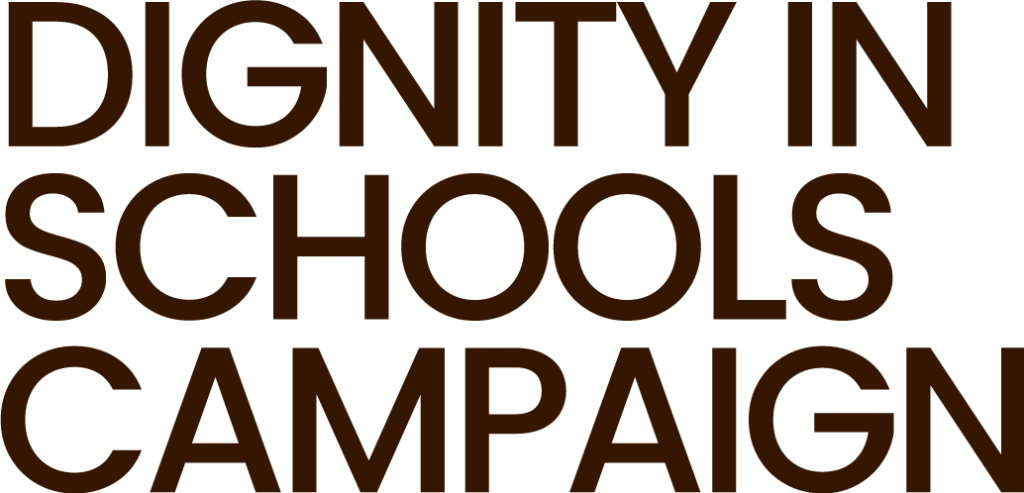DSC Member Blog Post by Jaleel Francis
Jaleel Francis a Junior at Innovation Diploma Plus and an Advocacy Intern at the Children’s Defense Fund-New York.
Discipline is not synonymous with punishment. True discipline is not condemning one for their behavior, but finding a solution that prevents harmful behavior from reoccurring. In the case of school disciplinary practices, true discipline should not be about discouraging a student from attending school. Unfortunately, that is what happens for too many students in New York City public schools that experience school suspensions. Our current system relies too heavily on punishment that has proven to be ineffective, because suspensions do not address the root causes of behavior and are racially discriminatory.
The data tells us that last year alone 9,139 students had two or more suspensions or classroom removals. Black students made up nearly 50 percent of the more than 37,000 total suspensions, while representing just 27 percent of all enrolled students. The effects suspensions have on a student’s life are greater than what we read in the news. The time I’ve devoted to research shows me that nationally, even being suspended once doubles the chance a student will drop out.
There is only one thing in this world that you can never get back and that is time. During the last school year, New York City students lost 355,100 days of regular classroom instructional time due to suspensions. Robbing students of their learning time is not the answer to misbehavior; it only pushes them further away from improving their behavior or their academic outcomes.
Suspensions hurt all students, not only those that are suspended. It creates a climate where we lose trust with our teachers and administrators, and there is little evidence that removing a student improves academic outcomes for anyone in the classroom. From where I’m standing, a suspension is a clear indication that a school has given up on that child.
The Dignity in Schools Campaign-New York, a coalition of teachers, parents, advocates, and student organizers like me, believes that teachers and school staff should be mandated to carry out guidance interventions, like providing counseling, mediation or entering into restorative dialogue and processes, such as circles, when considering suspension or classroom removals. Not all incidents are the same and shouldn’t be responded to with the same consequences. There is overwhelming evidence proving that suspensions have never worked and disproportionately harm Black and Latino students.
We should embrace promising alternatives like restorative practices. A recent report from the Oakland Unified School District shows that students in schools utilizing restorative justice have improved their math and reading scores and graduation rates. Still, our Department of Education is only training a fraction of our schools in restorative practices. If budgeting constraints are the reason schools don’t have access to restorative justice then we need to think about where we are allocating our money.
Through my participation as the co-facilitator of the Restorative Practices working group of IntegrateNYC4Me, an advocacy organization committed to building youth leaders that are willing to fight for equality and liberty in all our New York City schools, I know that school discipline is intertwined with issues of resource allocation and school segregation. Our number one priority should be keeping kids in schools that support and respect students, not removing them as a shortcut.
At a public hearing on the Student Code of Conduct I expressed my concerns for suspensions for Infraction B21, “defying or disobeying” authority. Simply put, suspending students for defying authority is ridiculous. In my experience, it is obvious in most instances that if a student is acting out or not responding to a teacher with respect, it is because the student is having trouble comprehending the work or a deeper more personal issue that educators wouldn’t bother to ask them about.
I was once suspended for telling my Dean I would not pick a French fry up off the cafeteria floor. He didn’t care that the French fry was thrown at me or that the entire cafeteria had food on the floor. I felt like he was bullying me. He knew he had power over me, and when I tried reasoning with him he would not listen.
If my school believed in restorative practices there would have been an opportunity to change the power dynamics and open up a space for a conversation for us to better understand the situation and the best intervention, for me, the student.
I know these instances occur at a systemic level and my incident isn’t the only time where a lack of resources has hurt a student’s education. With the city budget now being finalized we have to think of restorative justice and how investing our money in restorative justice could make students feel connected to their schools, and give them the support that is crucial to their success.

